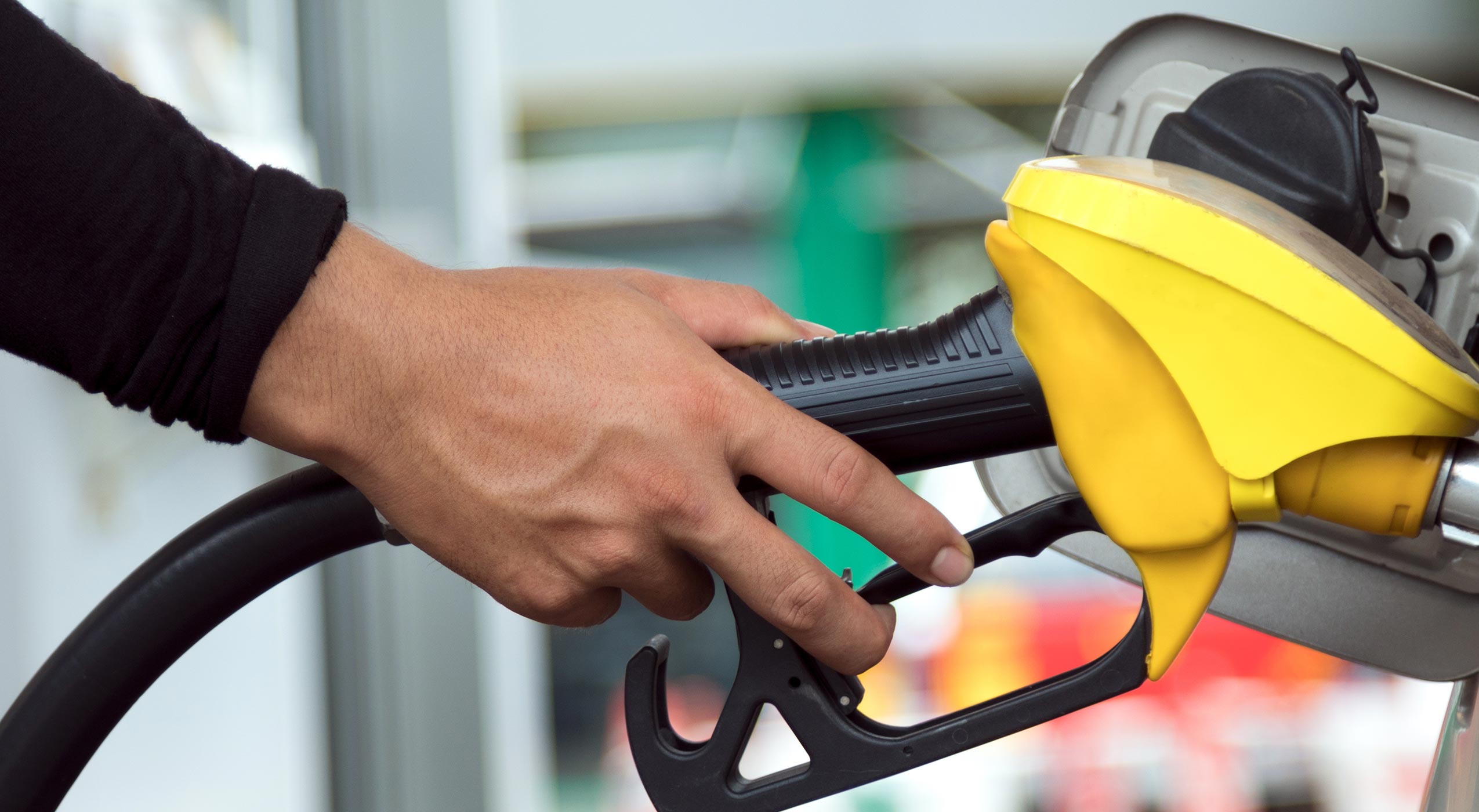Biomass oxyfuels
Fuel ethers, also known as oxyfuels or oxygenates, are key components of clean-burning, high-octane gasoline. They improve fuel efficiency, engine performance and air quality by improving combustion efficiency which in turn reduces vehicle emissions including greenhouse gas emissions, volatile organic compounds, particulates and carbon monoxide.
Oxyfuels also allow vehicles to travel farther on one tank of gasoline, saving money on fuel costs, and the additive can be used in gasoline for both standard and hybrid cars.
LyondellBasell is the second largest producer of oxyfuels worldwide, producing both MTBE (methyl-tertiary-butyl-ether) and ETBE (ethyl-tertiary-butyl-ether). ETBE is produced using ethanol made from renewable raw materials. It has a lower greenhouse gas impact across its life cycle compared with petroleum-based fuel ethers. In 2019, use of LyondellBasell’s ETBE gasoline in Europe and Japan reduced global CO2 emissions by more than 1.64 million metric tons — the equivalent of taking 350,000 cars off of the road.
We are continuously diversifying our renewable feedstocks portfolio, and in 2019, we began using United States corn ethanol in addition to Brazilian sugarcane ethanol in our United States ETBE production. Both are sustainably produced, in line with our certification from the International Sustainability and Carbon Certification (ISCC).
We are also evaluating and testing advanced bio-MTBE created from bio-methanol and produced in Europe. Advanced biofuels like these are manufactured from non-food biomass derived from agricultural waste, and have the potential to result in even lower greenhouse gas impact than bio-ethanol across their life cycle because they require no dedicated land and less energy for their production.


